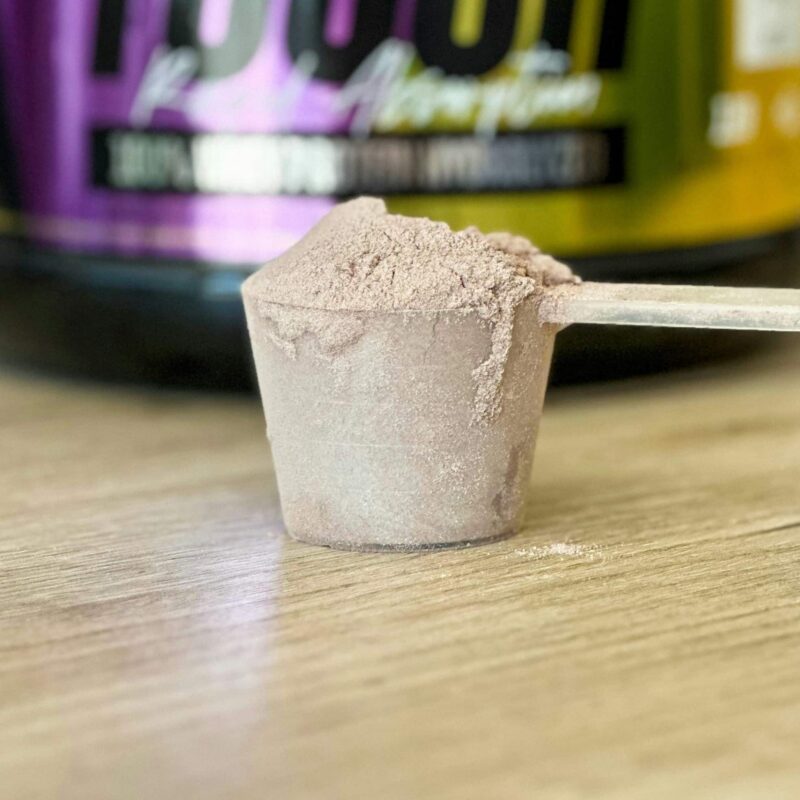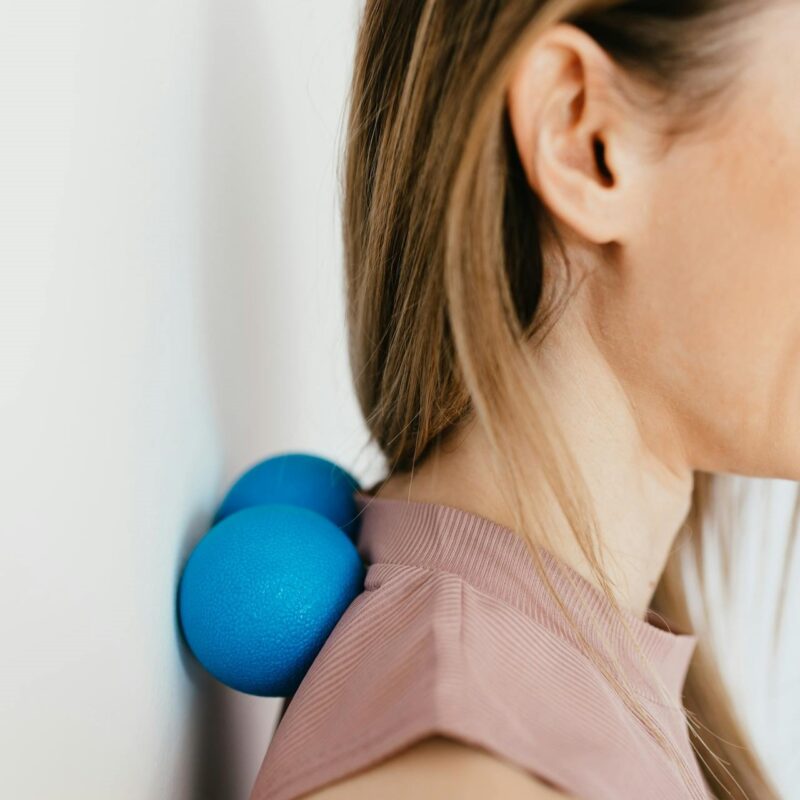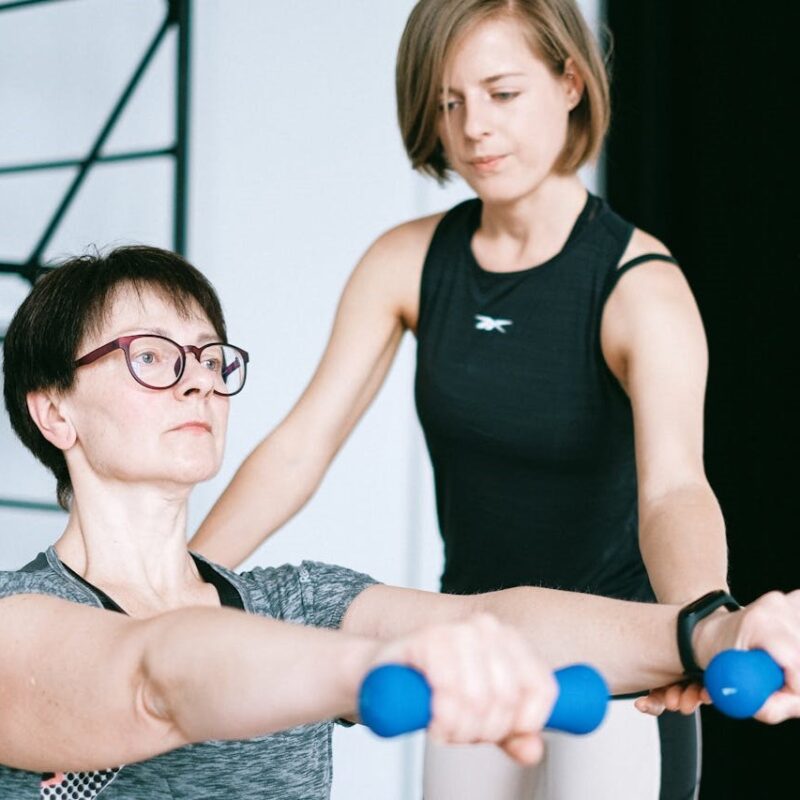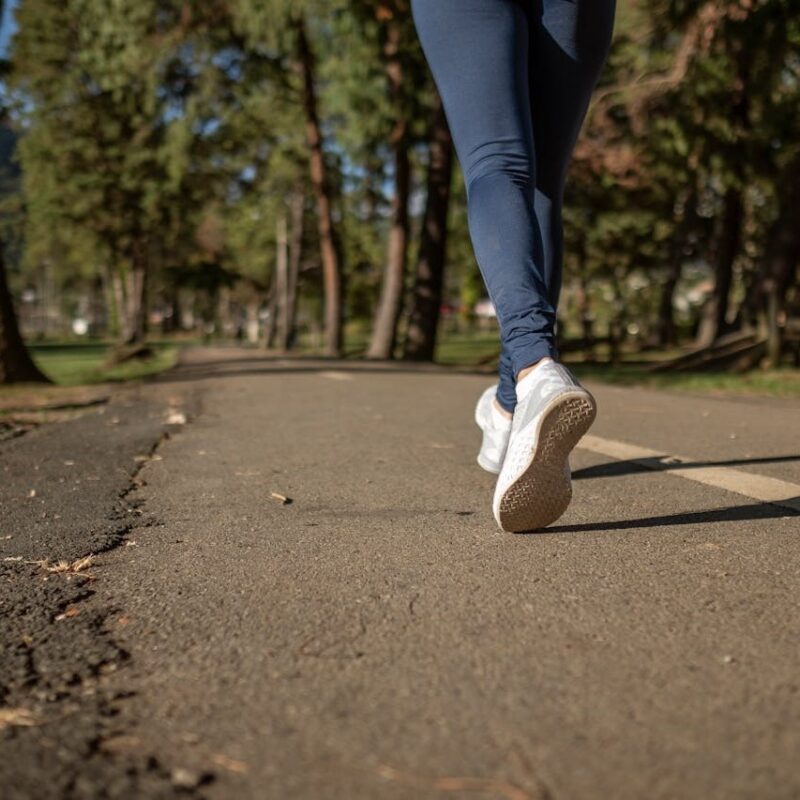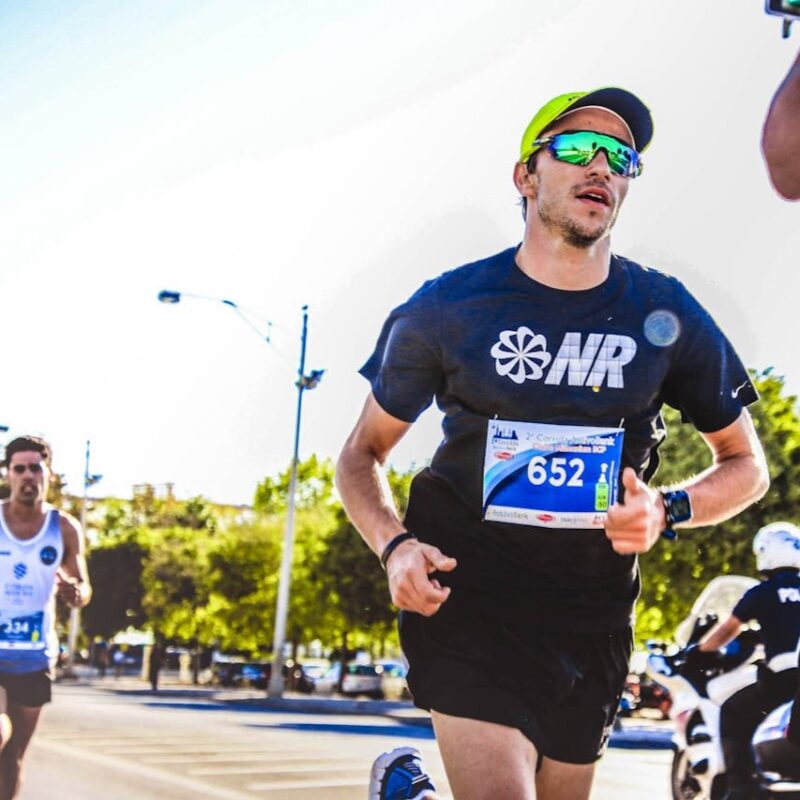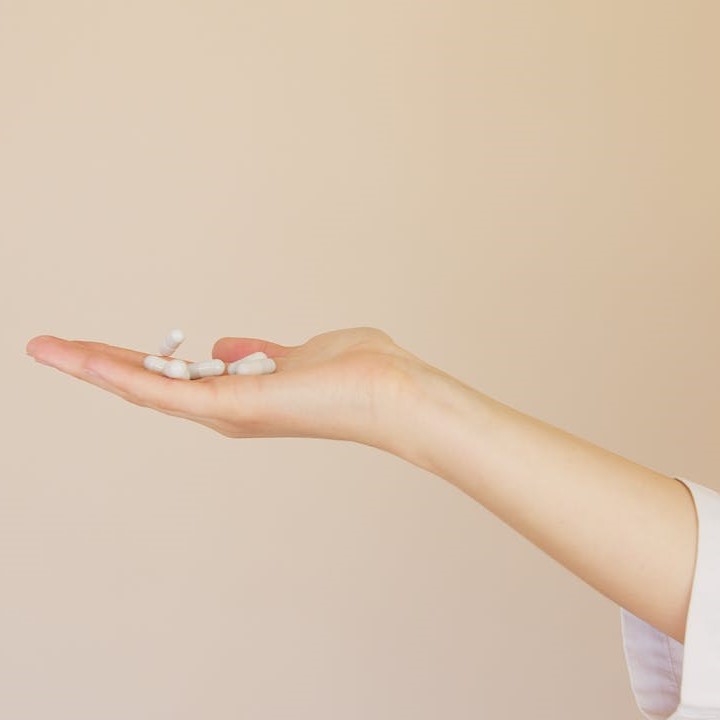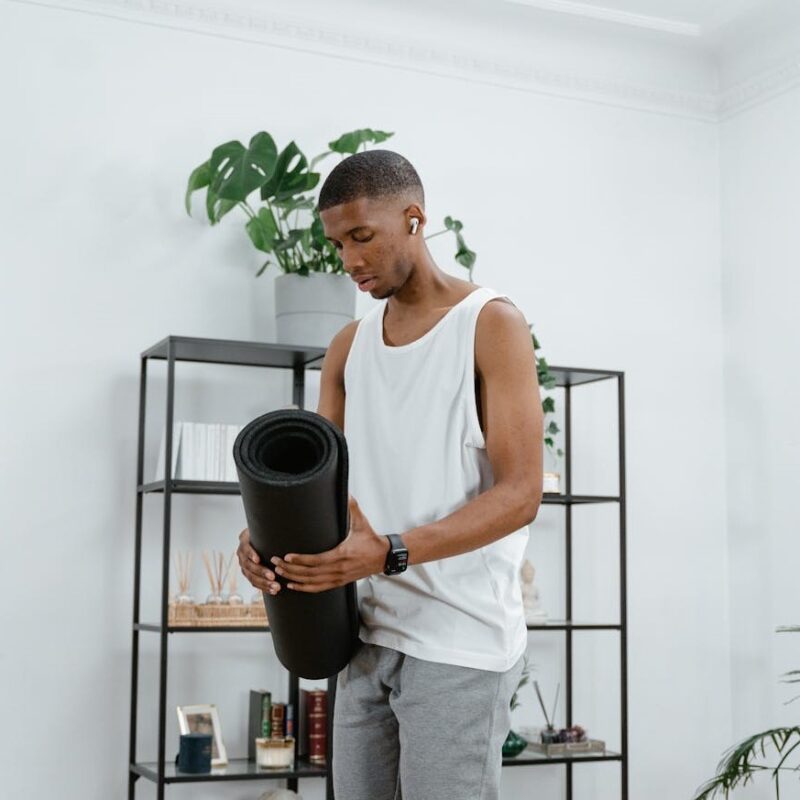
Blog
How To Manage Sore Muscles After A Workout?
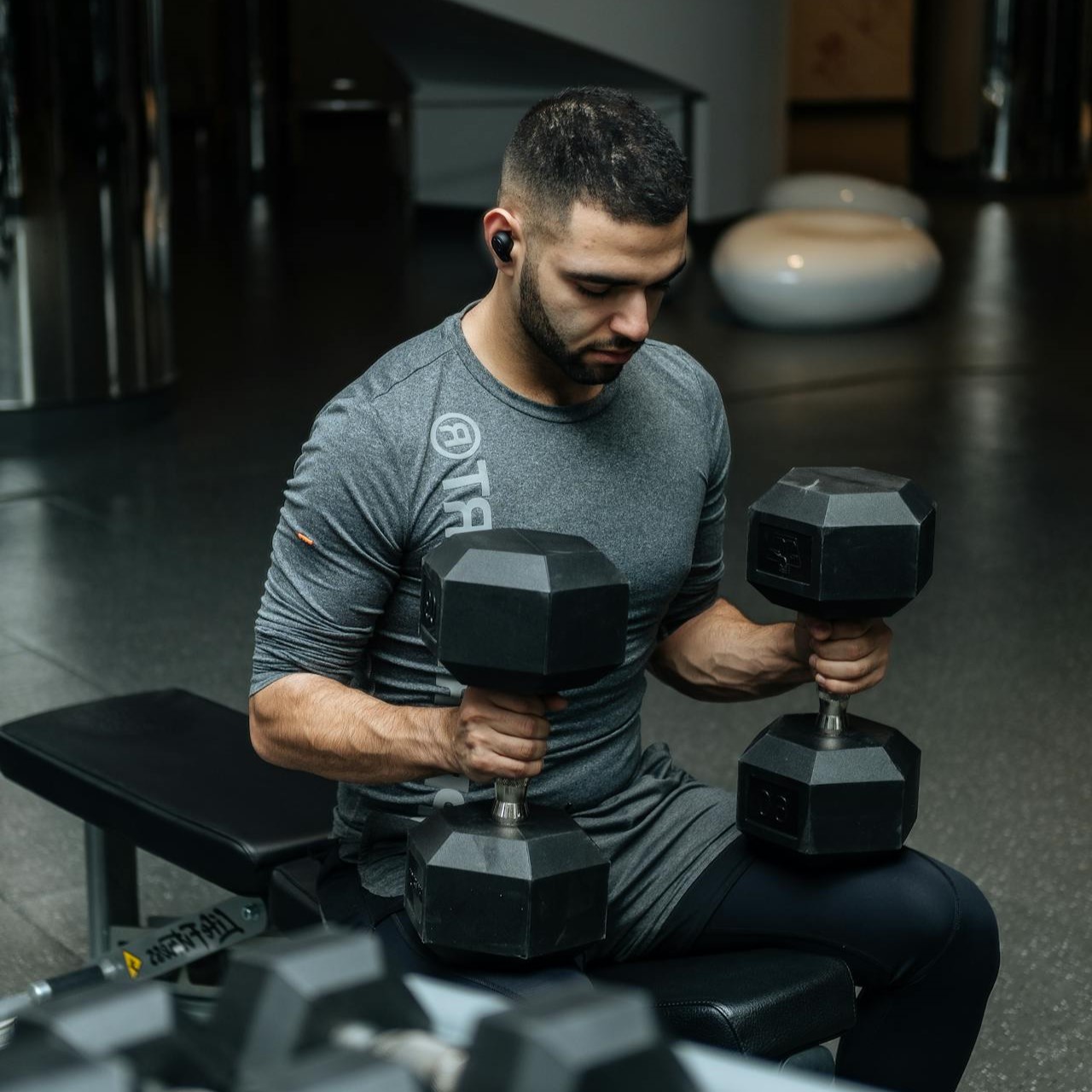
No pain, no gain.
But does that mean you’ll have to live with the pain?
Well, no.
Regardless of your age, muscle soreness after exercise is common.
After all, there are so many benefits of exercise that you can cope with sore muscles.
So, do you want to know how to treat sore muscles after a workout?
While we do understand that having sore muscles is less pleasant, that doesn’t mean you can give up on exercise altogether. Apart from the myths about cardio, it has many benefits too. But, too much cardio will have its own effects as well.
However, other intense exercises can also lead to sore muscles.
The good thing is, you can recover your muscles with the right techniques.
So, let’s get into the details of how to treat sore muscles after a workout.
While these tips might be effective, they do not guarantee the best results. In case your muscle soreness gets prolonged and the pain doesn’t go away, consider visiting a doctor.
Keep moving

As muscle soreness after a tough workout session is common, most people tend to keep moving. Although it may seem to be a bad idea, it can actually work.
It is because moving your muscles will help circulate the blood in the body, which will help in recovery. Resting the muscles too much can make them stiff.
If you cannot exercise with sore muscles, try to keep minimal movement.
Go for ice or heat therapy
Both ice and heat recovery can be effective, depending on the type of workout injury you have.
However, the concern of whether ice or heat therapy is better is a bit debatable.
Still, on their own, both methods are highly effective. Choosing the best one for you will require us to study in detail how each method works.
According to research, heat therapy increases blood circulation, which is better for relieving sore muscles.
On the other hand, cold therapy works by slowing down the blood circulation. Thus, cold therapy is better for people with swelling and new injuries.
So, whether you choose to take a hot bath or ice bath will depend on the type of injury you have.
Consider a salt bath

When it comes to how to treat sore muscles after a workout, most people think that salt baths are beneficial.
Adding Epsom salt to the water is a good idea. According to theory, Epsom salt will break down into sulfate and magnesium upon adding it to water. When you take a bath with these salts, they will get absorbed in your body.
As these minerals have the ability to relax muscles and reduce swelling, they can be an effective remedy for treating sore muscles.
Make sure to warm up
Are warm-up sessions really necessary?
Yes.
With a warm-up session before your workout, you’re actually stretching your muscles and making them flexible enough to cope with the next exercise.
Warming up is especially necessary for strenuous exercises. This way, your muscles are prepared for the next steps with some sort of stretching.
Use a foam roller
The best thing about using a foam roller is that it is a self-massage technique.
According to a study, foam rolling can be effective in muscle recovery after an intense workout session.
A foam roller is a long, cylindrical-like tool, and a cheaper way of speeding up your muscle recovery process. You can roll it on the areas of tension. With slow rolling, the roller will release the tight muscles.
Get a good night’s sleep

As much as we tend to neglect sleep, it is actually helpful in promoting muscle recovery.
Even research says that being sleep-deprived can come in the way of your muscle recovery.
During sleep, our body tends to recover the muscles, and that is why most people feel relaxation in their muscles after sleeping. It is because you’re giving your body enough time to repair muscles through good sleep.
Take-away message
We hope you’ve gained enough tips on how to treat sore muscles after a workout.
While all these tips are effective and generally preferred for muscle recovery, they do not guarantee the best results. Depending on the condition of your muscles and the workout you’re doing, you need to choose the best method.
If the pain or swelling gets worse, you should consult your doctor.
You can also rely on supplements for fitness, or consume a high-quality protein powder.
Also, muscle recovery will take time, but you can still speed up with proper techniques.
So, stay on track with your fitness goals, and never miss a chance to stay fit.

